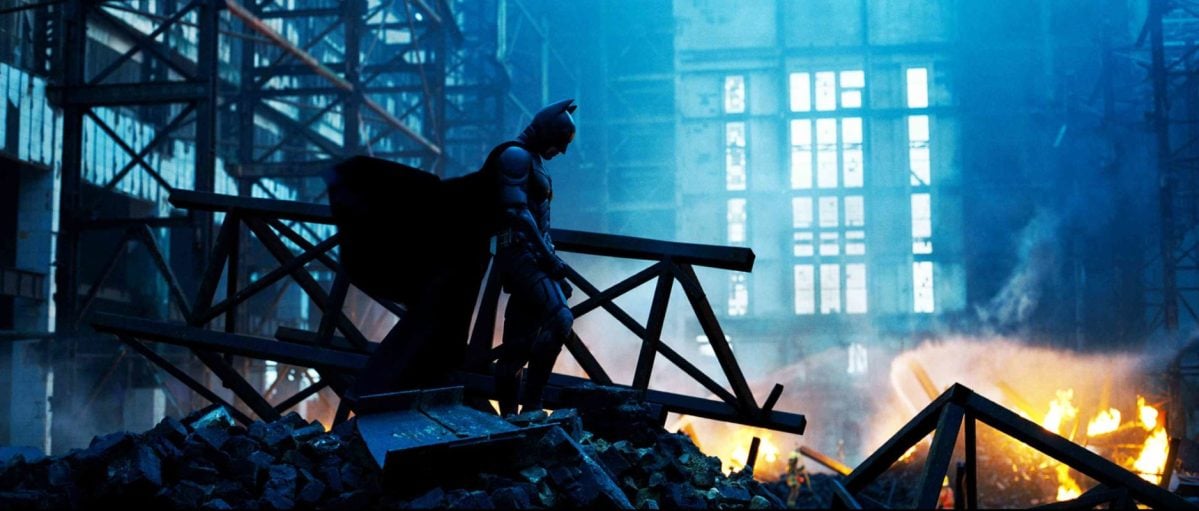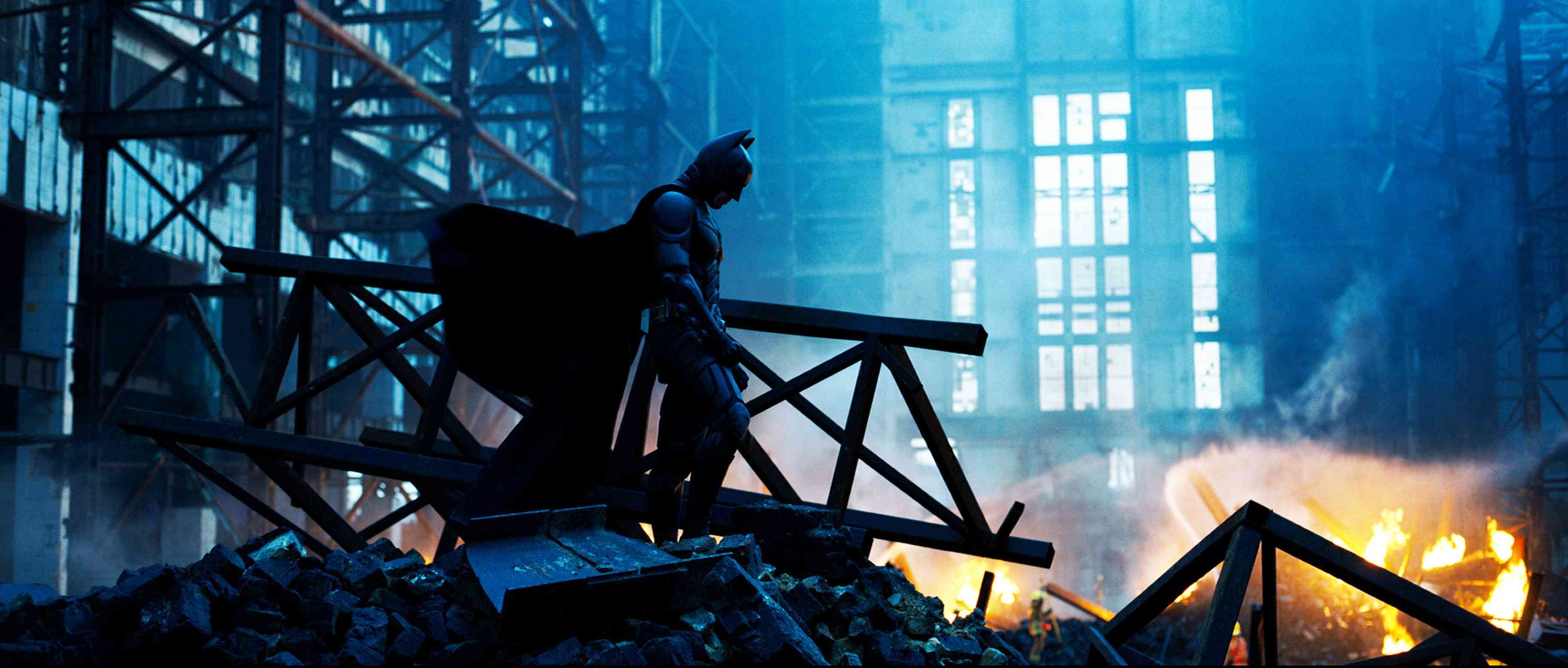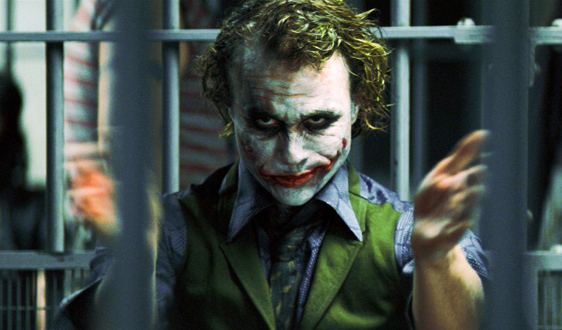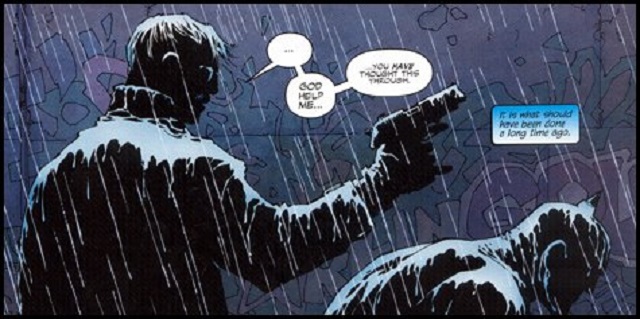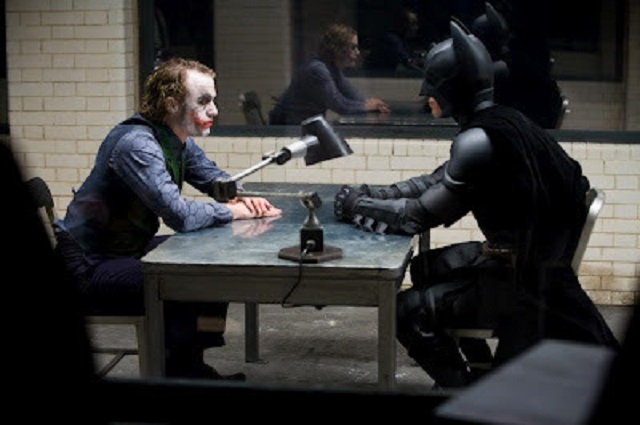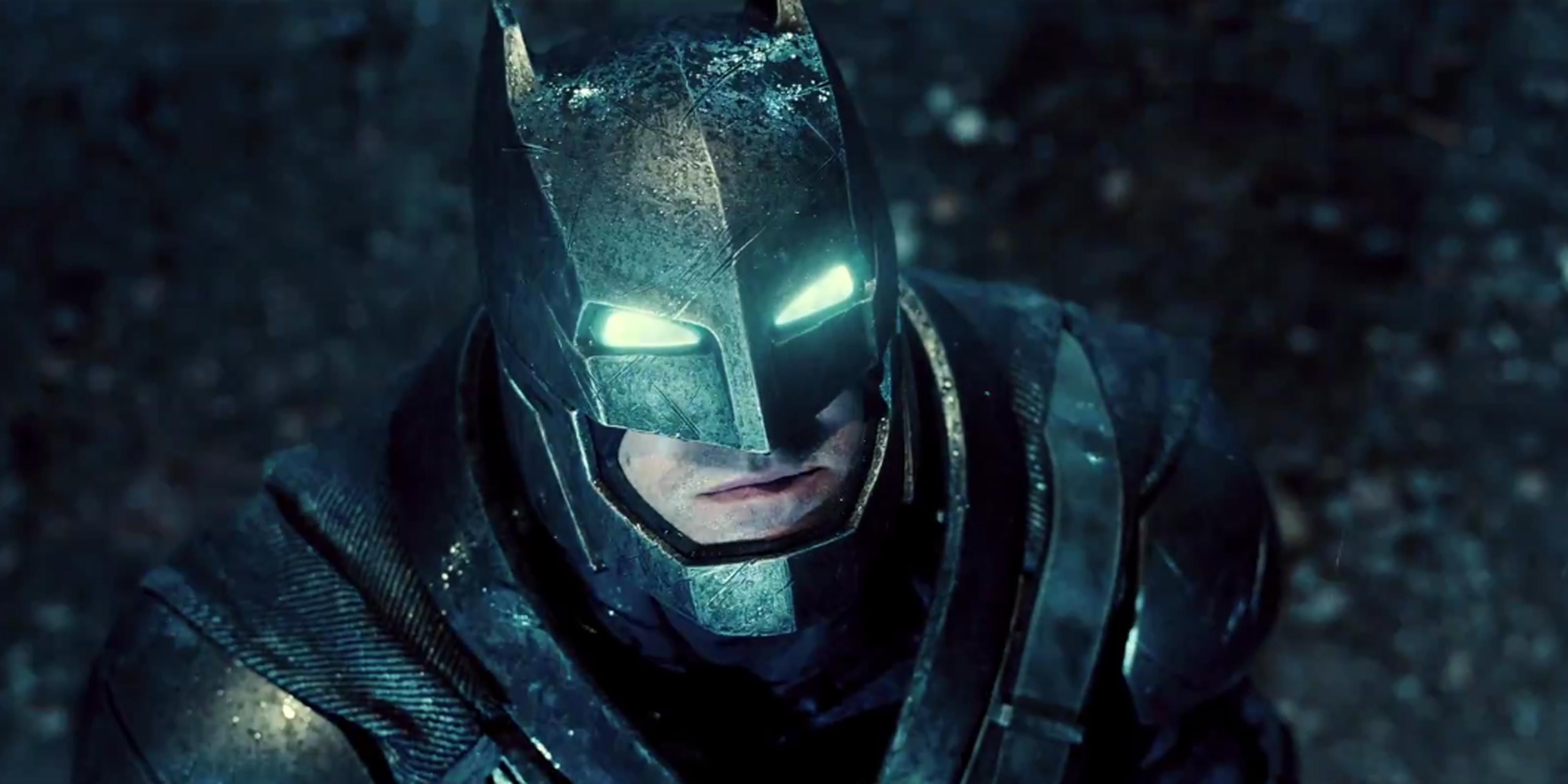Superhero narratives are politically fascist. That’s not really a criticism, it’s just a statement of fact. Integral elements of the genre, such as the nearly unlimited power and authority superheroes are handed with little to no oversight, are inherently authoritarian concepts. As such, superhero stories that wind up addressing or examining these themes tend to shake out in one of two directions: either they flee the implications for fear of undermining the whole genre (which is my theory why Marvel’s first Civil War comic had to make the argument between pro and anti-registration so ridiculously one sided), or they just ignore the implications entirely.
Still, there are some pieces of superhero media which actually manage to finish their examination and figure out what they want to say—and when they do, they can often become classics, like Kingdom Come or Watchmen. And then occasionally, we wander into movies or comics that take a good long look at the superhero genre, discover its fascist leanings, and still go “Wow, that’s awesome!”
I’m getting ahead of myself, though. I’m here to discuss two superhero movies which examine the genre’s fascist leanings—The Dark Knight and Batman v. Superman—and come up with diametrically opposed conclusions.
Let’s open with an examination of Batman as a character, because when you back up and examine him, he’s kind of messed up. Fascism is a spectrum, and Batman is at the far end of it. Here is a character who has tacit public permission to act outside the law and do whatever he wishes to whomever he deems a criminal, based purely on the technology and abilities he’s obtained (which he’s only obtained through his vast wealth).
Yes, Bruce Wayne is an incorruptible paragon of virtue and justice, but that’s the thing; If he wasn’t, who would he be accountable to? If he decided next week that (insert demographic) people are inherently evil and started assaulting them, what could anyone do to stop him? It’s one of the reasons why storylines where Batman considers killing someone, usually the Joker, and is chastised for it are hypocritical. Batman already has implicit permission to ignore society’s checks and balances on law enforcement agents; why is it that much worse for him to kill people?
None of this makes enjoying Batman stories wrong, it’s merely an observation about the political underpinnings of the genre. Remember, all media is created and consumed in a political context, but you don’t have to agree with all the political implications of a piece of media to enjoy it. However, while I enjoy media that examines the genre’s fascist underpinnings, this tends to be filtered through new characters. I’m always much more interested in media that addresses established characters head-on, rather than through subtext or renamed concepts. That’s one of the reasons I’ve always admired The Dark Knight, which went straight for the throat in its condemnation of Batman’s fascist elements.
The scene I like to examine in The Dark Knight a famous one, in which Batman interrogates the Joker to try and find out Rachel and Harvey’s location. It’s an incredibly tense and engaging scene, but it’s not played as heroic. Right from the beginning, Batman is behaving violently and erratically, and while the camera continually cuts to Gordon (who is the trilogy’s barometer of morality) standing outside the interrogation room, he does not approve. Indeed, when Batman begins to move from intimidating to outright threatening the Joker, Gordon looks visibly uncomfortable.
Later, when the scene escalates to physical violence (marked by a rare breaking of the 180 degree rule, often used to indicate a character crossing a line of some sort), Gordon doesn’t stand by, but instead rushes to try and stop Batman. And while Gordon’s disapproval speaks volumes, it’s nothing compared to the way the scene itself plays out.
See, while people seem to assume that the movie endorses Batman’s actions, this scene contradicts that, because Batman’s violent assaults on the Joker do not, and will not, work. That’s not subtext; as he’s being beaten, the Joker cackles that Batman is completely helpless, that he has nothing to threaten him with. I don’t know how much clearer the film’s message could be.
Maybe it’s muddled by the rest of the movie, which seems prop up Batman’s decision to violate the privacy of the entire city of Gotham at once (despite a objections from Lucius Fox, another member of Bruce’s Voices of Reason trinity, along with Alfred). Or maybe it’s simply because condemning the fascist actions of a hero in an action or superhero movie is an incredibly hard line to walk, one that The Dark Knight Rises eventually tripped over. It goes without saying that The Dark Knight Rises, and to some extent its predecessor, had trouble figuring out what it wanted to be about.
Which stands in sharp contrast to Batman v. Superman: Dawn of Justice. That movie knows exactly what it wants to be about.
Batman v. Superman opens with Superman killing a guy. I don’t know if it’s pretending that’s not what happened, but it’s what happened. I have enough trouble buying that Daredevil isn’t killing anybody; there’s no way that Superman didn’t kill that soldier when he slammed him through a wall at top speed. Which is weird enough (I mean, he didn’t seem too happy about killing Zod at the end of Man of Steel), but the movie actually seems to endorse this action.
I want to be clear: one of the major problems with Batman v. Superman isn’t that it has an unknowingly fascist outlook; most superheroes narratives have that—as I said, that’s pretty much baked into the genre. The problem is that it is aware of those themes, but implicitly endorses them by putting all of the arguments against superheroic fascism in the mouth of its villain.
Luthor’s argument throughout Batman v. Superman is that Superman shouldn’t be permitted to do whatever he likes. His reasons for believing this shift pretty regularly (Luthor changes motivation in nearly every scene), but when you strip this argument down to its core, it’s not actually that ridiculous.
It’s important to remember that at the end of Man of Steel, Superman’s inability to think about the consequences of his actions led him to destroy a good portion of a city during his fight with Zod. That’s the opening of Batman v. Superman and forms the majority of Batman’s motivation. But when Luthor starts suggesting that this person with unlimited physical power maybe shouldn’t be permitted to just do whatever he likes without any consequences, the movie thinks that he’s gone completely crazy. Shouldn’t we just let Superman do whatever he wants, and assume he has your best interests at heart?
By making Lex Luthor the voice of the “maybe Superman shouldn’t be allowed to circumvent all notions of due process and legal rights” crowd, the film implicitly condemns this idea. Of course Superman and Batman should be allowed to do whatever they want. They have the power, through accidents of birth and financial power. Who are we to tell them they can’t do whatever they want?
Why shouldn’t Clark Kent be allowed to kill whomever he wants, the film asks, for whatever reasons he deems appropriate? Batman brands people he arrests with a symbol the film informs us will lead to their death in prison, but why not? Bruce Wayne has a lot of money, so why shouldn’t he be permitted to mete out the death penalty, regardless of judge and jury? In other words, these people have the power life has handed them, so shouldn’t we just assume they’re using it in our best interests and let them use it however they please?
I almost feel bad for writing this article, because this is one of those things that once you notice it, you can’t stop noticing it. I mean, once you strip away all of your attentional bias and knowledge of the genre, the opening of Captain America: Civil War becomes a scene about an American military officer and an allied espionage agent wandering into a foreign country without the government’s knowledge or consent and working to capture and extract a suspected criminal—again, without the knowledge or consent of local law enforcement agencies. And then, when their actions cause the deaths of dozens of civilians, othe American argues that they shouldn’t be placed under further oversight.
You might think this is hyperbolic, but I think the core point—the tendency of superhero narratives to blithely hand authority to whomever happens to be wearing a costume—is worth examining. We’ve had a lot of public scandals in recent years with authoritarian law enforcement officials, military personnel and politicians abusing their power. Technically, we’ve had those problems since before the concept of the written word, but we’ve been talking about them a lot recently. Superhero narratives often end up arguing by accident that as long as a person already has power, we shouldn’t question how they use it. And Batman v. Superman’s most disturbing element, unlike The Dark Knight, is the fact that it seems to be knowingly arguing for more fascism in our lives.
That’s more than messed up—it’s dangerous.
James is a Connecticut-based, Alaskan-born cinephile with an obsession with The Room and a god complex. His interests include Warhammer 40k, the films of Nicolas Cage (both good and bad), and obscure moments in history. He writes movie reviews for Moar Powah under the nameElessar and also has a blog, where is reviewing every episode of The X-Files at I Want to Review. His twitter can be found at Elessar42, and his tumblr can be found at FootballInTuxedos.
—The Mary Sue has a strict comment policy that forbids, but is not limited to, personal insults toward anyone, hate speech, and trolling.—
Follow The Mary Sue on Twitter, Facebook, Tumblr, Pinterest, & Google+.



